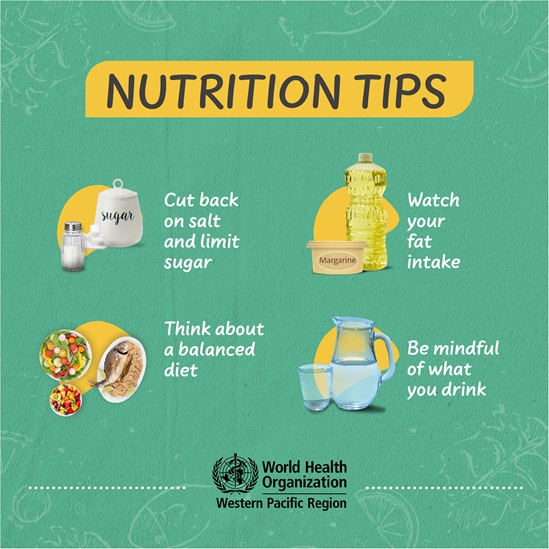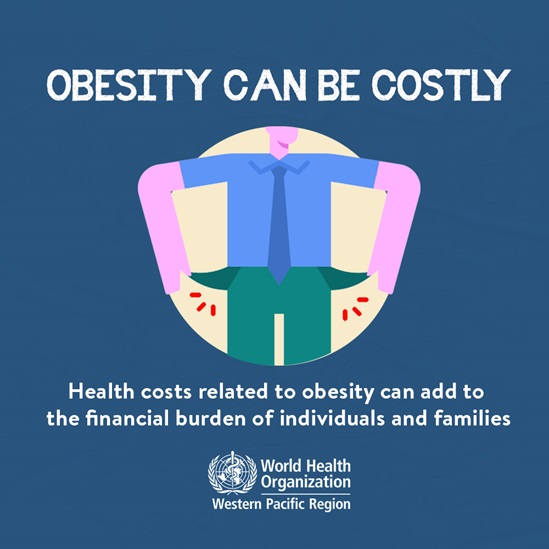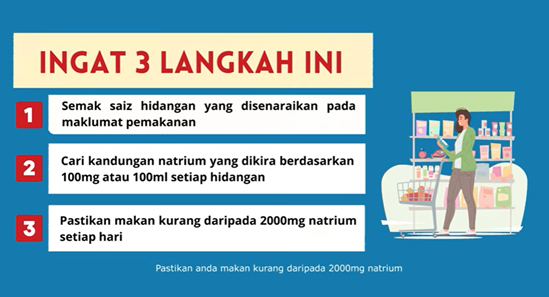Nutritious snacks are served at a local elementary school in Darkhan-Uul Province.
Developing regulatory frameworks for healthy diets
What people eat is largely determined by their food environment. Increasing levels of urbanization, economic growth, and changes in family structures and lifestyles, in conjunction with the availability, price and sociocultural norms of food, all influence dietary behaviours. It is important that measures to improve the food environment are considered to ensure that the healthy choice is the easy choice.
The adoption, strengthening and enforcement of legal frameworks can protect, promote and support healthy diets by incentivizing the consumption of healthy foods and discouraging the intake of unhealthy food. The adoption of fiscal measures for obesity prevention, such as taxation on sugar-sweetened beverages, has received a great deal of attention and is being implemented in a number of countries in the Western Pacific Region.
Nutrition labelling is important for providing accurate information to consumers. Simple, easy to understand food labelling systems can allow consumers to make more informed food choices and promote healthier diets.
Marketing restrictions have also proven to be an essential means by which to promote healthy diets. When children and caregivers are exposed to food marketing, the food knowledge, preferences, purchase requests, behaviours and body weight of children are negatively affected. Data indicate that the majority of food marketing is for unhealthy food and beverage products, despite the increasing number of voluntary efforts by industry. The exposure and influence of food marketing remains a major issue, demanding change that will protect all children equally.










/produce-food-more-sustainably.tmb-549v.jpg?Culture=en&sfvrsn=1f3d2c1f_1)
/eat-a-more-plant-based-diet.tmb-549v.jpg?Culture=en&sfvrsn=71a4c90c_1)





